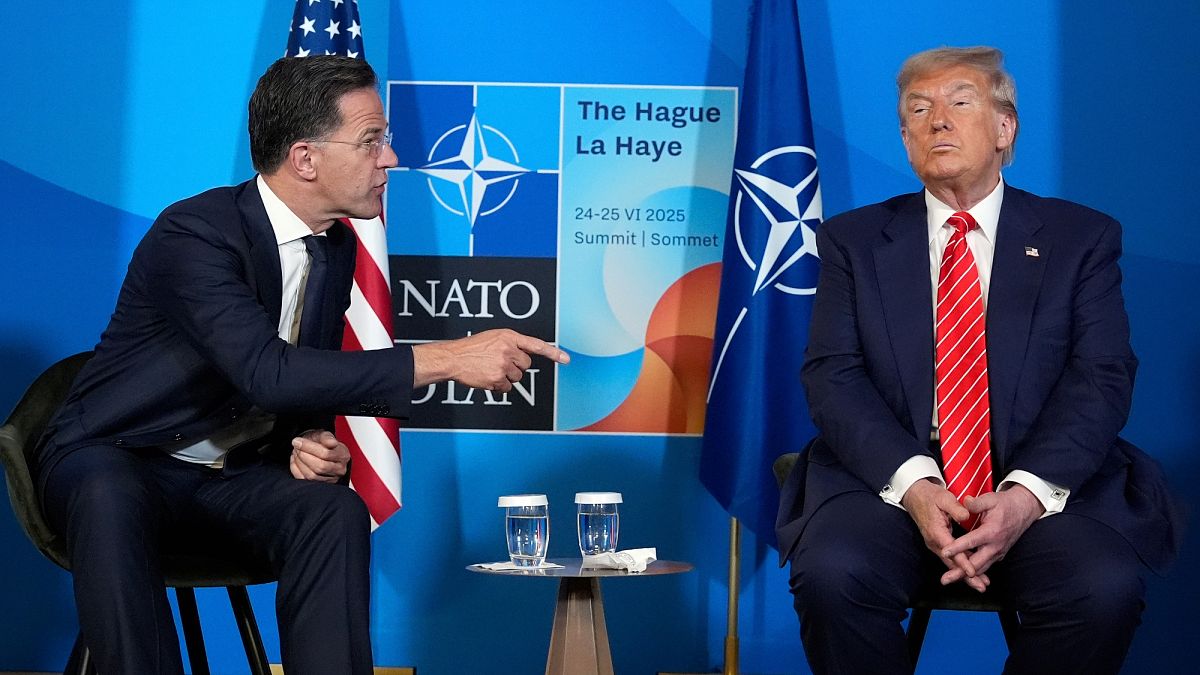

The world stage continues to be adorned with intriguing developments, as recent political activities from NATO diplomacy to North Korean innovations in tourism highlight the diverse approaches of global leaders. Each of these narratives, while unfolding in different parts of the world, shares a common theme of strategic expression and leadership style.
At the NATO summit, international camaraderie was evident in the bond between U.S. President Donald Trump and Dutch Prime Minister Mark Rutte. The summit culminated in lighthearted moments interspersed with serious discussions about international policy. Rutte’s informal admiration of Trump’s firm approach towards Iran, along with supportive commentary on defense expenditure, demonstrated a diplomatic rapport that extended beyond conventional forums. Rutte’s playful reference to Trump as “daddy” during media interactions as well as his acknowledgment of Trump’s actions as “decisive” and “extraordinary” showcased an interplay of personal and formal admiration, reflecting a nuanced blend of international relations that was both delightful and strategic.
Adding another layer of intrigue to the global political tapestry, the recent summit saw the Ukrainian President Volodymyr Zelenskyy adopting a sophisticated sartorial change as he asserted his nation’s ongoing need for Western military aid. Ever since the full-scale invasion of Russia, Ukraine has been tenacious in its defense. Zelenskyy’s presence at the NATO summit, attired in a manner that signifies resilience and aspirations for continued support, underscores how personal presentation is often interwoven with the broader narrative of national determination. His efforts remain focused on maintaining international solidarity and ensuring that Ukraine’s calls for assistance continue to resonate across global platforms.
Meanwhile, halfway across the globe, North Korea is making strides of a different kind under Kim Jong-un’s leadership. With the unveiling of the new Wonsan Kalma beach resort, Kim ushered a shift from his usual preoccupations with missile launches and internal security. This coastal resort, praised as one of North Korea’s greatest achievements this year, marks the regime’s step towards fostering tourism, despite its historical inclination towards insular policies. Accompanied by his daughter, Kim Ju-ae, who is widely considered his potential heir, Kim presented the resort as a symbol of his vision for development that may eventually welcome international visitors, hinting at a more open engagement with the world.
The dichotomy between international political diplomacy and an inward-looking nation’s moves to enhance tourism reflects a fascinating spectrum of leadership strategies. In the world of politics, actions range from nuanced diplomatic engagements and forging personal bonds to redefining national narratives through infrastructural projects focused on opening up insular states. As these leaders navigate their paths, their strategies and decisions shape not only their national interests but also the broader global landscape, signifying a tapestry of interwoven stories of progress and potential.
The recent events from the NATO summit to developments in North Korea invite further reflection on how leadership translates into tangible actions. Whether through reinforcing alliances, advocating national resilience, or redefining international perceptions, these leaders exemplify diverse methodologies in addressing the multifaceted challenges and opportunities that their nations face. Through diplomatic decorum and innovative national projects alike, these narratives continue to unfold in a world that thrives on both unity and diversity.
Source: {link}
